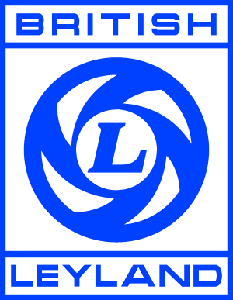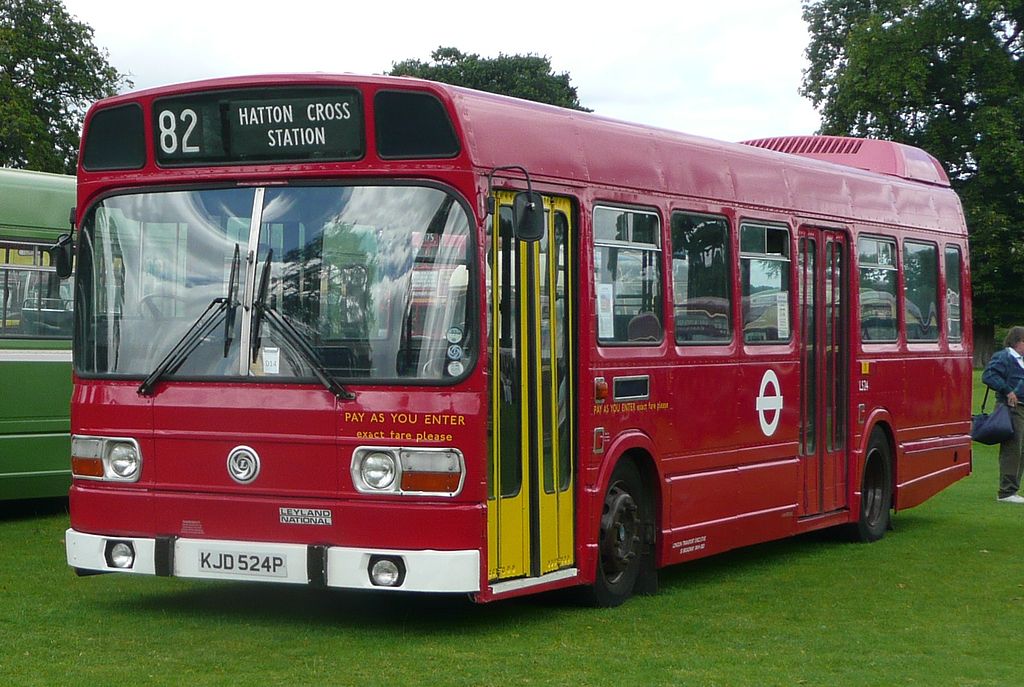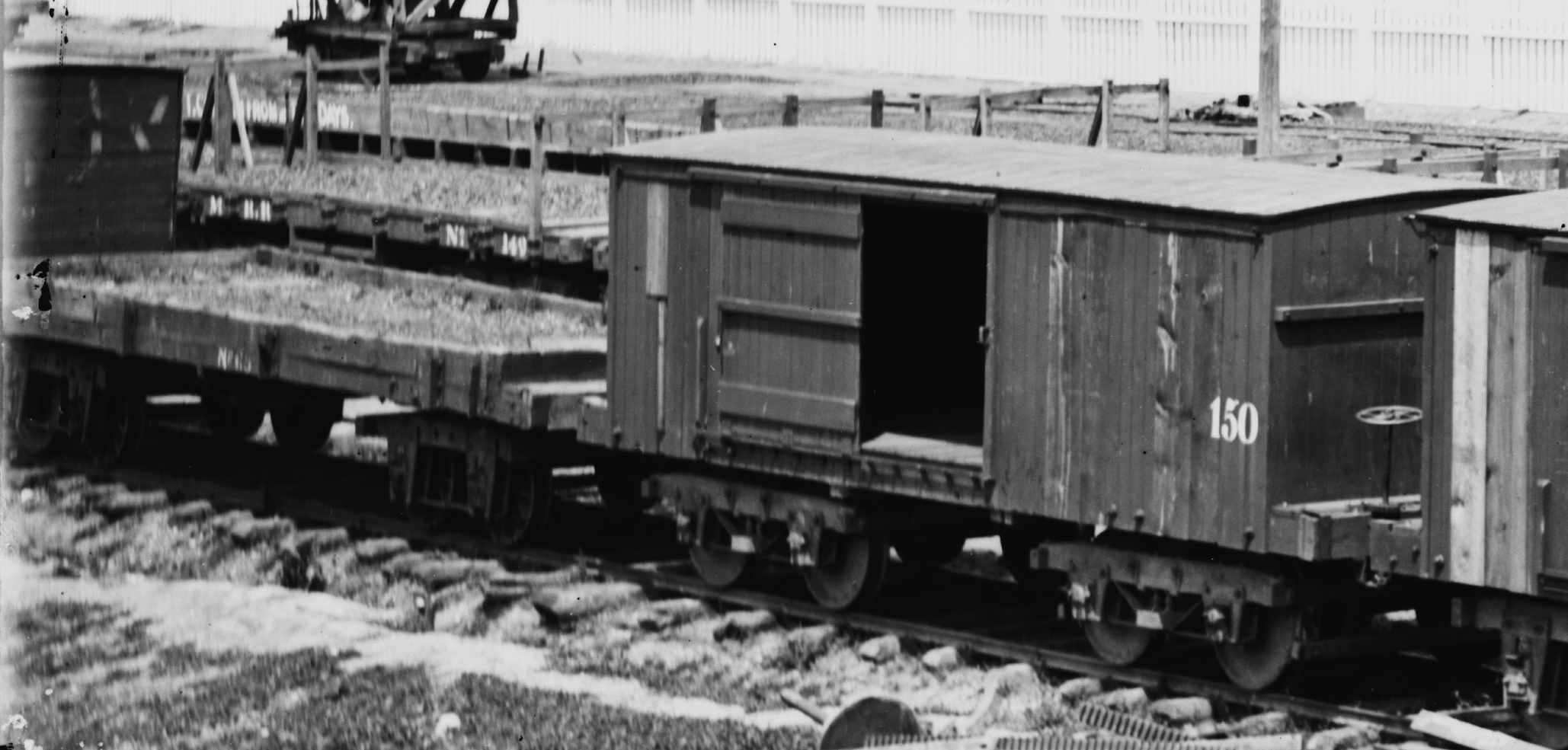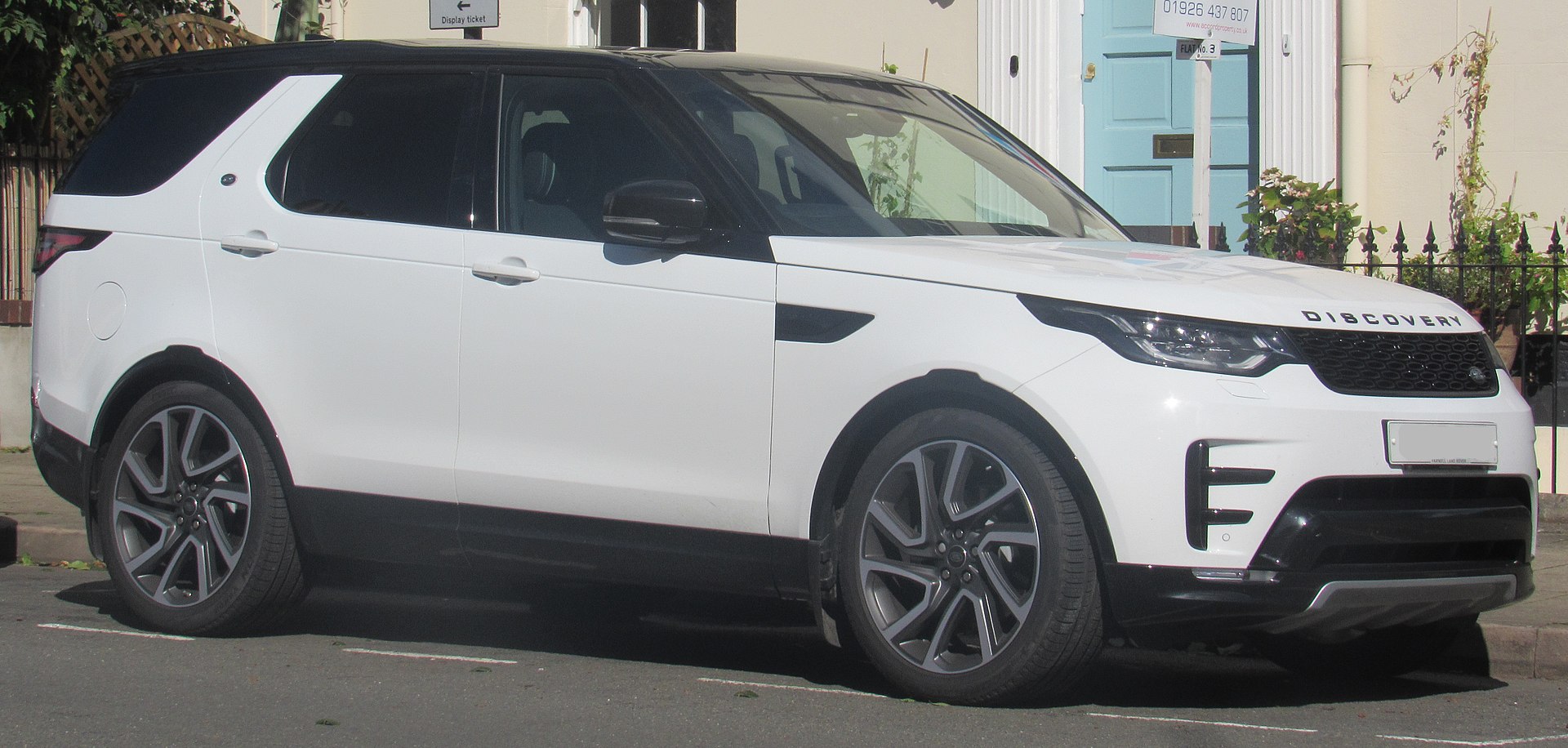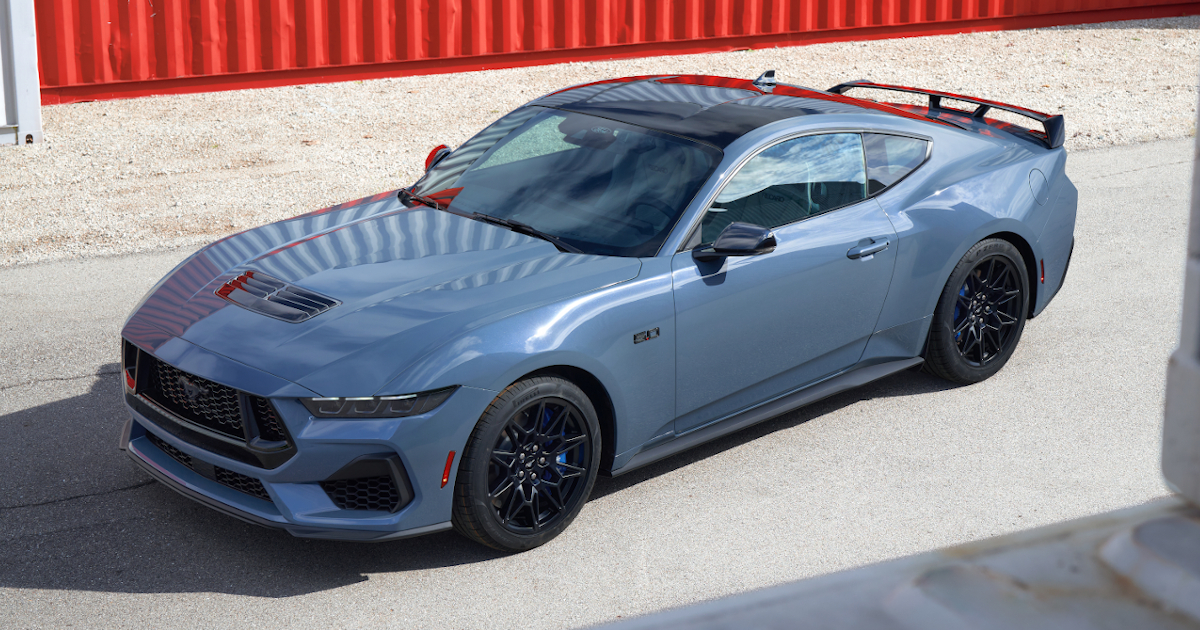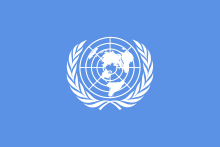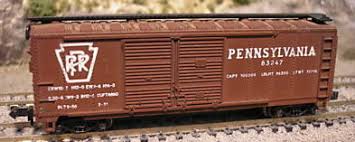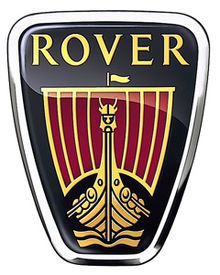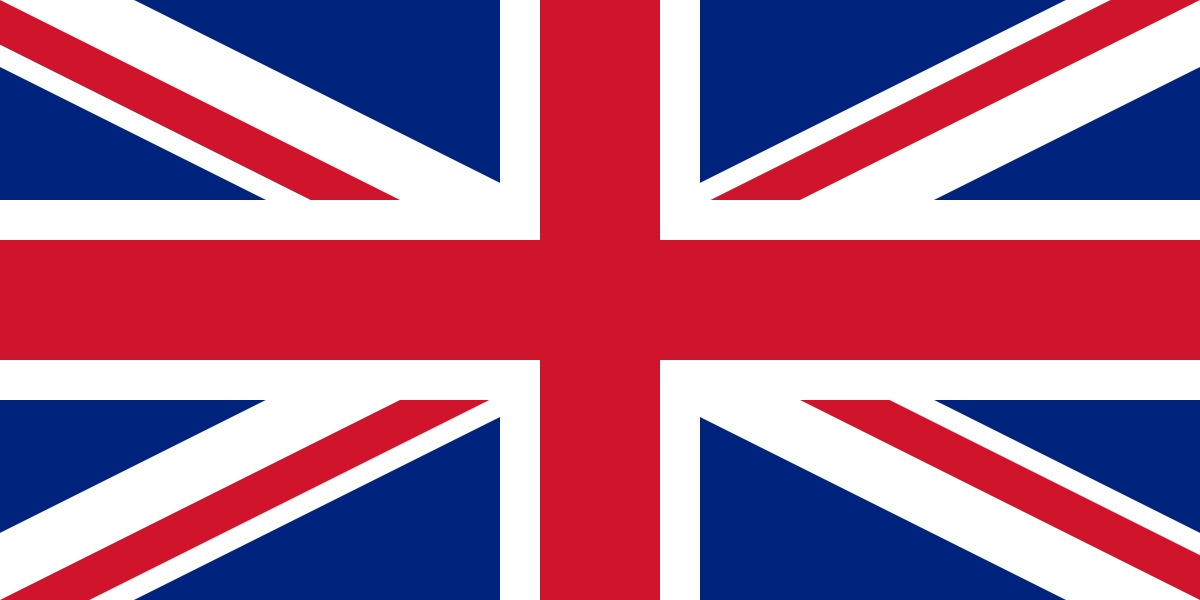Company History: British Leyland was an automotive engineering and manufacturing conglomerate formed in the United Kingdom in 1968 as British Leyland Motor Corporation Ltd (BLMC), following the merger of Leyland Motors and British Motor Holdings. It was partly nationalised in 1975, when the UK government created a holding company called British Leyland, later BL, in 1978. It incorporated much of the British-owned motor vehicle industry, which constituted 40 percent of the UK car market, with roots going back to 1895.
Despite containing profitable marques such as Jaguar, Rover and Land Rover, as well as the best-selling Mini, British Leyland had a troubled history. In 1986 it was renamed as the Rover Group, later to become MG Rover Group, which went into administration in 2005, bringing mass car production by British-owned manufacturers to an end. MG and the Austin, Morris and Wolseley marques became part of China's SAIC, with whom MG Rover attempted to merge prior to administration.
Today, Mini, Jaguar Land Rover and Leyland Trucks (now owned by BMW Group, Tata Group and Paccar, respectively) are the three most prominent former parts of British Leyland which are still active in the automotive industry, with SAIC-owned MG Motor continuing a small presence at the Longbridge site. Certain other related ex-BL businesses, such as Unipart, continue to operate independently.
From Wikipedia
Despite containing profitable marques such as Jaguar, Rover and Land Rover, as well as the best-selling Mini, British Leyland had a troubled history. In 1986 it was renamed as the Rover Group, later to become MG Rover Group, which went into administration in 2005, bringing mass car production by British-owned manufacturers to an end. MG and the Austin, Morris and Wolseley marques became part of China's SAIC, with whom MG Rover attempted to merge prior to administration.
Today, Mini, Jaguar Land Rover and Leyland Trucks (now owned by BMW Group, Tata Group and Paccar, respectively) are the three most prominent former parts of British Leyland which are still active in the automotive industry, with SAIC-owned MG Motor continuing a small presence at the Longbridge site. Certain other related ex-BL businesses, such as Unipart, continue to operate independently.
From Wikipedia
Successor/Parent History: The Rover Company Limited was a British car manufacturing company that operated from its base in Solihull in Warwickshire. Its lasting reputation for quality and performance was such that its first postwar model reviewed by Road & Track in 1952 was pronounced finer than any but a Rolls-Royce. Rover also manufactured the Land-Rover from 1948 onwards, which went on to become its most successful and profitable product — with Land Rover eventually becoming a separate brand in its own right.
Rover was sold to Leyland Motors in 1967, who had already acquired Standard-Triumph seven years earlier. Initially, Rover maintained a level of autonomy within the Leyland conglomerate, but by 1978, Leyland - by then British Leyland (BL) - had run into severe financial difficulties and had been nationalized by the British Government. Most of the assets of the former Rover Company were moved into a new subsidiary named Land Rover Ltd whilst the Rover marque itself continued to be used on other BL products which relied largely on Honda engineering. Rover ultimately became the most prolific brand within BL and gave its name to the entire conglomerate in the form of the Rover Group in 1986, of which Land Rover remained a part until the Rover Group was broken up by BMW in 2000.
Today, the Rover marque is dormant, and is currently owned by the Rover Company's de facto successor - Jaguar Land Rover, which still operates out of Rover's Solihull plant.
From Wikipedia
Rover was sold to Leyland Motors in 1967, who had already acquired Standard-Triumph seven years earlier. Initially, Rover maintained a level of autonomy within the Leyland conglomerate, but by 1978, Leyland - by then British Leyland (BL) - had run into severe financial difficulties and had been nationalized by the British Government. Most of the assets of the former Rover Company were moved into a new subsidiary named Land Rover Ltd whilst the Rover marque itself continued to be used on other BL products which relied largely on Honda engineering. Rover ultimately became the most prolific brand within BL and gave its name to the entire conglomerate in the form of the Rover Group in 1986, of which Land Rover remained a part until the Rover Group was broken up by BMW in 2000.
Today, the Rover marque is dormant, and is currently owned by the Rover Company's de facto successor - Jaguar Land Rover, which still operates out of Rover's Solihull plant.
From Wikipedia
Brief History: The United Kingdom, made up of England, Scotland, Wales and Northern Ireland, is an island nation in northwestern Europe. England – birthplace of Shakespeare and The Beatles – is home to the capital, London, a globally influential centre of finance and culture. England is also site of Neolithic Stonehenge, Bath’s Roman spa and centuries-old universities at Oxford and Cambridge.
Item Links: We found: 1 different collections associated with British Leyland - Automobiles
- Collection Transportation Companies: 6 different items.
Item created by: gdm on 2018-09-17 09:43:12. Last edited by Alain LM on 2019-12-26 05:39:05
If you see errors or missing data in this entry, please feel free to log in and edit it. Anyone with a Gmail account can log in instantly.
If you see errors or missing data in this entry, please feel free to log in and edit it. Anyone with a Gmail account can log in instantly.


